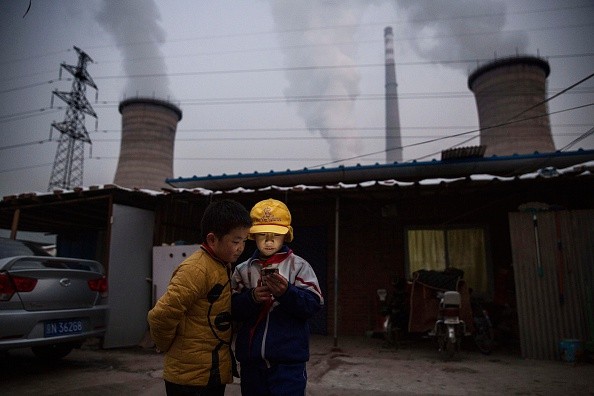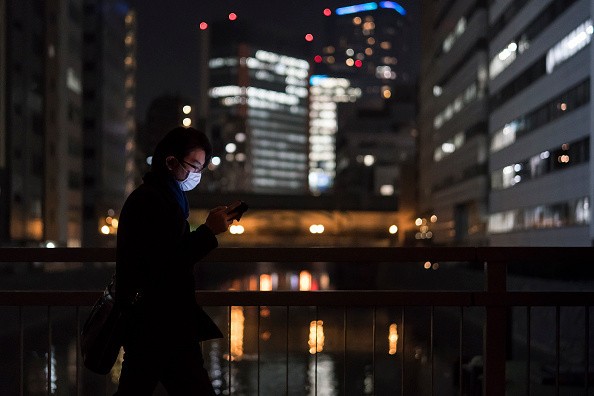Experts discovered that 80% of healthcare apps do not meet NHS standards. Why? Because most of them lack security updates, have insufficient awareness of regulatory requirements, and include poor medical information.

According to BBC News' latest report, Liz Ashall-Payne, Orca Chief Executive, said that the firm's review helped them identify the apps that should be recommended to patients by NHS staff.
The health app evaluation company said that there are more than 300,000 healthcare apps that are available online. This is a serious matter since most people are relying on these platforms since they can't see a doctor immediately because of the restrictions implemented by governments during the ongoing global COVID-19 pandemic.
What makes healthcare apps' issue alarming?
As of the moment, developers can categorize their apps and identify the ones reviewed by the healthcare app firm. These categories include medical, fitness, and health.

Right now, the health firm has reviewed around 5,000 apps, with most of them providing poor information. Here are some of them;
- An app to help smokers quit, which had not had security updates in more than two years
- A physiotherapy app offering exercise plans without any visible input from professionals
- A diabetes management app offering complex medical support without any back-up from experts
"Innovators can get a bad reputation and that can be unfair," said Liz Ashall-Payne via BBC News.
"Imagine if you have experienced a challenge with your health or that a loved one and you just want to help others. You're coming at it with good intentions but you wouldn't necessarily know which regulation your product needs," she added.
Previous issue of healthcare apps
Aside from poor information, healthcare apps were also previously accused of leaking the personal details of users. Security Today stated that 30 popular mobile healthcare apps were tested. The study revealed that more than 20 million users were affected. Almost half of the involved apps were allegedly recording names, social security numbers, allergies, birthdates, medications, and other sensitive user data.
For more news updates about healthcare apps their issues, always keep your tabs open here at TechTimes.
Related Article: SHAREit Could Completely Leak Your Personal Info! Experts Claim Its Security Bugs Are Still Unpatched
This article is owned by TechTimes.
Written by: Giuliano de Leon.




